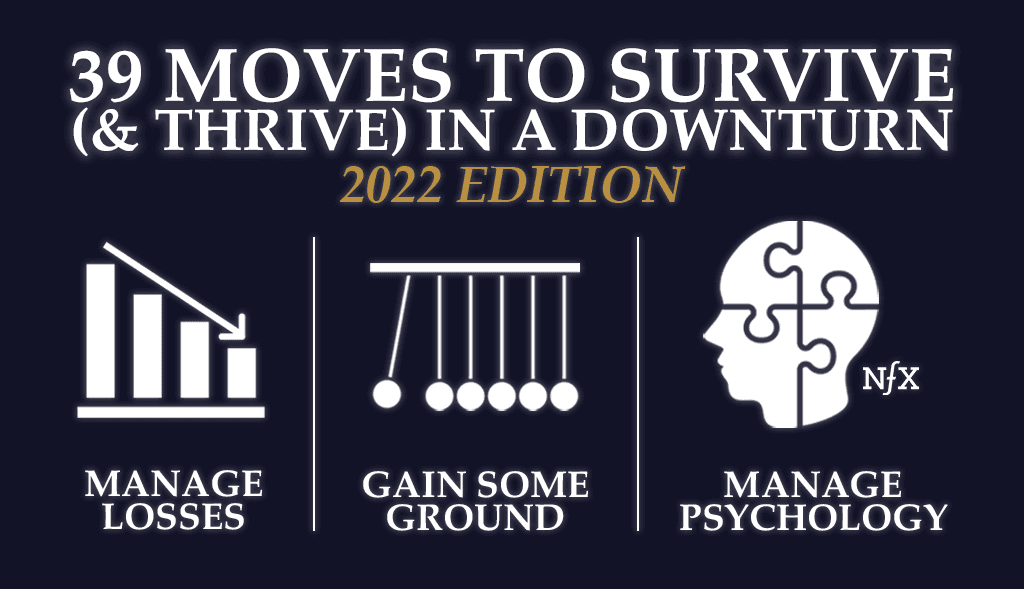9 Benefits of Playing Chess: Plus Potential Downsides
Por um escritor misterioso
Descrição
Learn about the benefits — and downsides — of playing chess. We also look at the benefits for children and how to encourage them to play.
Chess can improve the symptoms of ADHD In a 2016 study involving 100 school-age children with attention deficit hyperactivity disorder, researchers included regular chess playing in a multi-faceted treatment approach. Students who participated in this treatment method experienced a 41 percent decrease in both inattentiveness and over-activity following the course of treatment. Chess enables you to enter a flow state. Flow is a deeply rewarding sense of total involvement, in which you’re operating at a peak performance level in a challenging task. Athletes, artists, and performers often describe entering a kind of time warp, where they are so wholly focused on the task at hand that their awareness of anything beyond the performance seems to disappear. Chess leads to better planning skills. Chess games are known for long periods of silent contemplation, during which players consider each move. Players spend time anticipating their opponents’ responses and attempting to predict every eventuality. That habit of mind — careful contemplation and planning — is one of the cognitive health benefits of playing chess. #shorts #adhd #attentiondeficithyperactivitydisorder #chess Healthline content is strictly informational and should not be considered medical advice. See a licensed medical professional for diagnosis and treatment recommendations. Opinions expressed in this video may not reflect those of Healthline Media.
Chess can improve the symptoms of ADHD In a 2016 study involving 100 school-age children with attention deficit hyperactivity disorder, researchers included regular chess playing in a multi-faceted treatment approach. Students who participated in this treatment method experienced a 41 percent decrease in both inattentiveness and over-activity following the course of treatment. Chess enables you to enter a flow state. Flow is a deeply rewarding sense of total involvement, in which you’re operating at a peak performance level in a challenging task. Athletes, artists, and performers often describe entering a kind of time warp, where they are so wholly focused on the task at hand that their awareness of anything beyond the performance seems to disappear. Chess leads to better planning skills. Chess games are known for long periods of silent contemplation, during which players consider each move. Players spend time anticipating their opponents’ responses and attempting to predict every eventuality. That habit of mind — careful contemplation and planning — is one of the cognitive health benefits of playing chess. #shorts #adhd #attentiondeficithyperactivitydisorder #chess Healthline content is strictly informational and should not be considered medical advice. See a licensed medical professional for diagnosis and treatment recommendations. Opinions expressed in this video may not reflect those of Healthline Media.

Top 7 benefits of playing chess- Eight times Eight

10 Benefits of Playing Chess. Chess is a wonderful game. Today, we…, by MetaChess

Benefits of Chess on the Brain, Per Brain Doctors

Benefits of Playing Chess, Learn How the Mental Health Benefits of Chess Carry Over Into Daily Life
If I play chess everyday, will my IQ increase by 10 points? - Quora

39 Moves to Survive (& Thrive) in a Downturn: 2022 Edition

Benefits of playing chess

Top 10 Benefits of Chess

Chess Dr Eric Silverman

10 Surprising Benefits of Playing Chess Daily

Zander's Game House - Benefits of Playing Chess with Your Kids 1. Chess helps you Concentrate 2.Chess Develops Problems Solving Skills 3. Chess Improves Your Memory Just remembering how all the pieces

11 Surprising Benefits of Playing Chess for Everyday Life

Blog

Reefat Bin Sattar on LinkedIn: 9 Benefits of Playing Chess: Plus Potential Downsides
de
por adulto (o preço varia de acordo com o tamanho do grupo)







